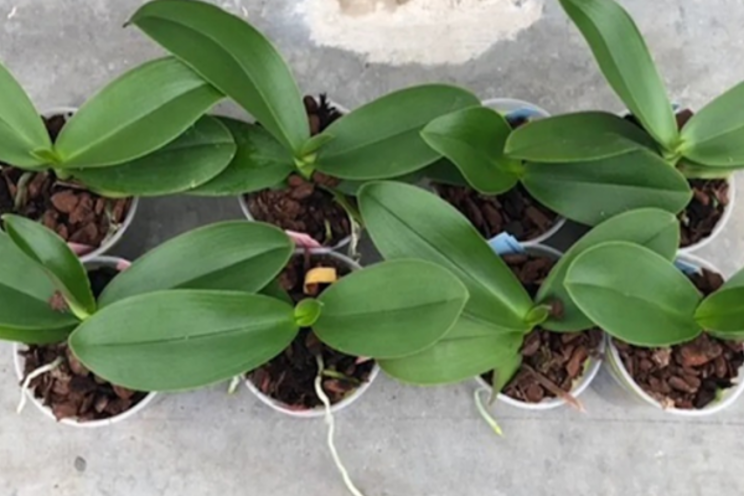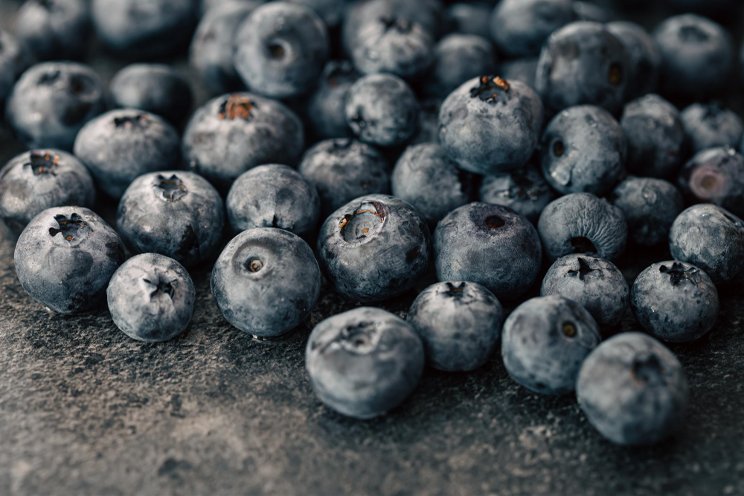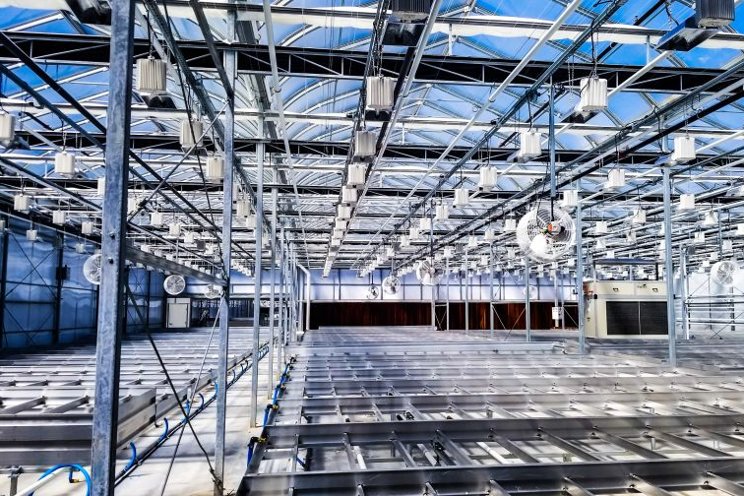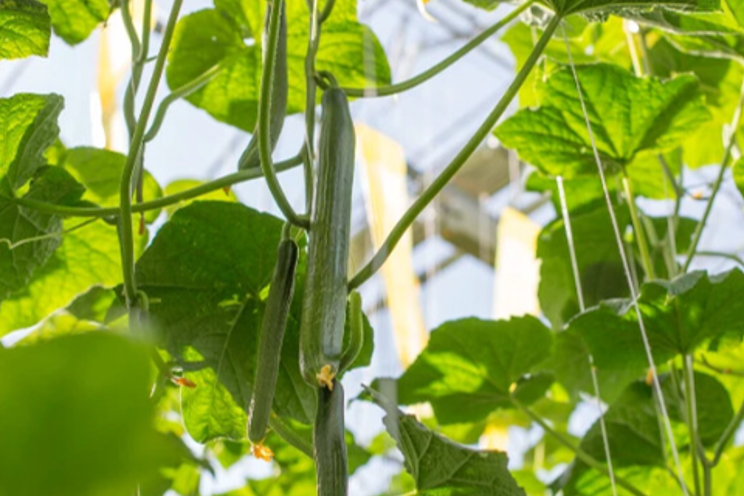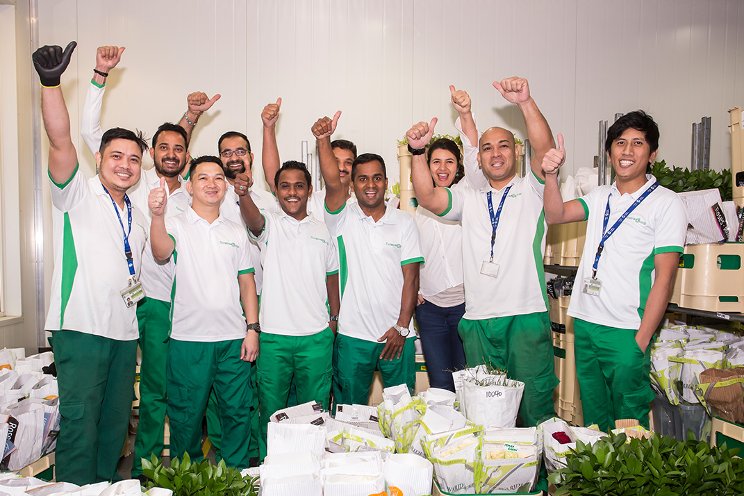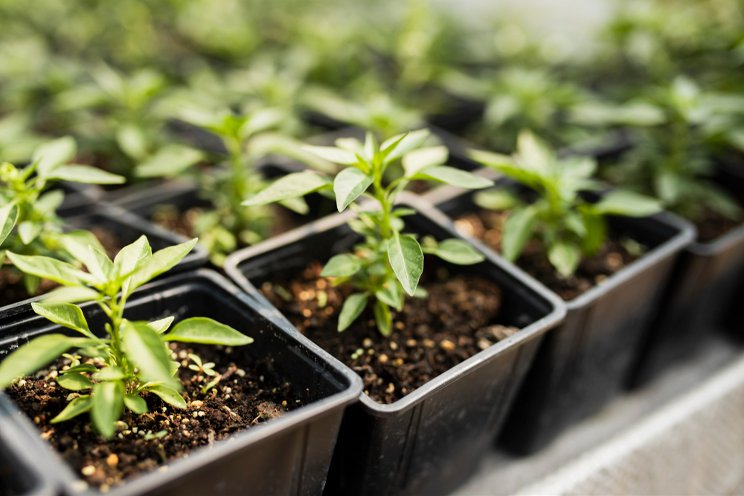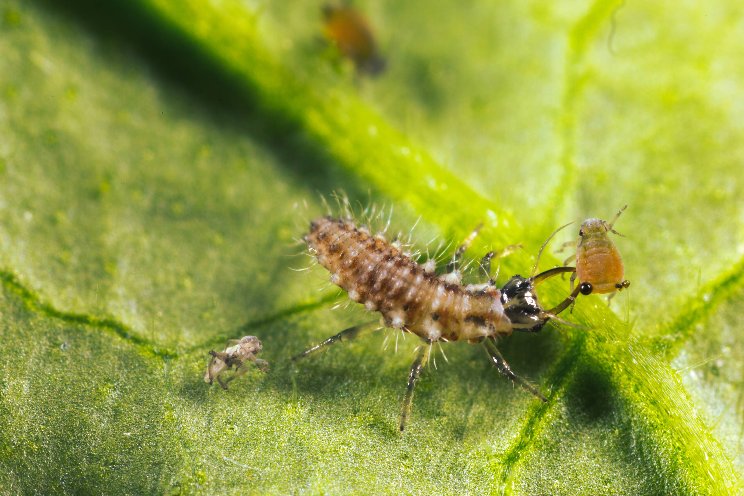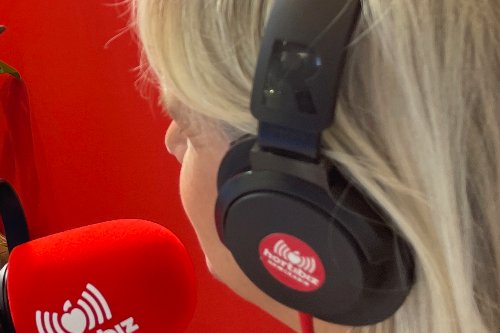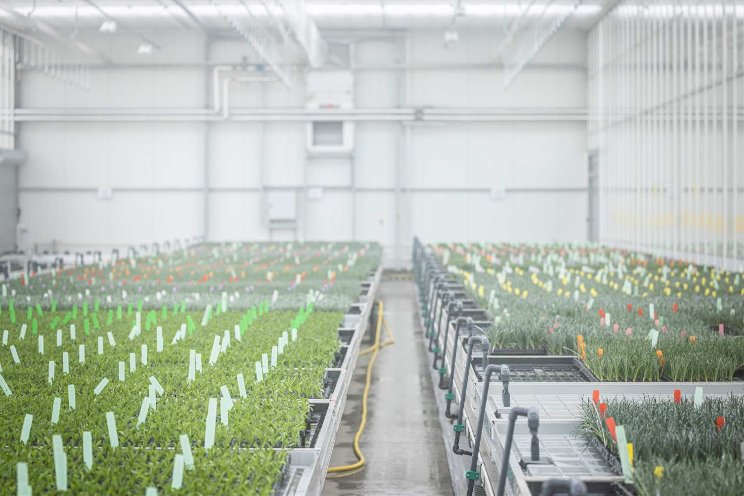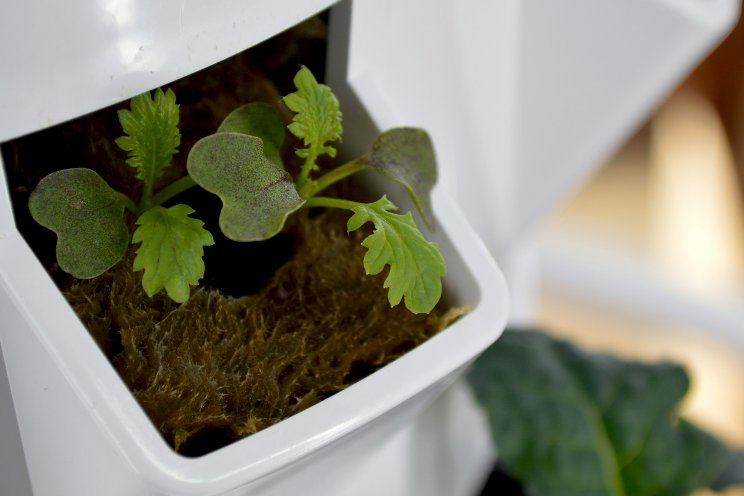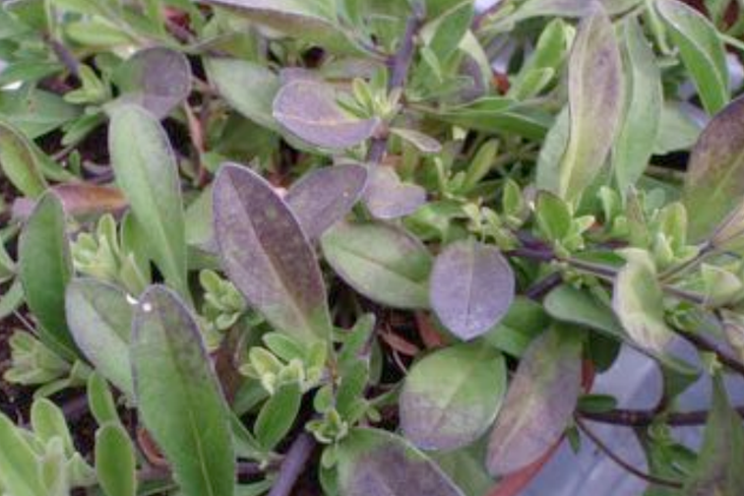Plant pathogens – fundamentals for indoor growers
Added on 17 January 2023
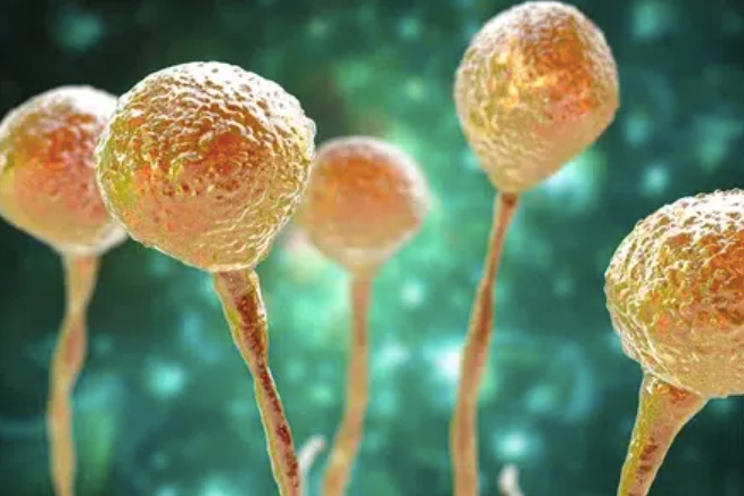
While certain regions have better disease management (in North America, that number is closer to 10%), even 10% is a significant crop loss to farmers. You should be shooting to get 95% or more of the ideal yield from your farm.
A pathogen is a “disease-causing agent”; anything that disturbs the plant’s typical structure, function, or economic value.
Whether growing in soil traditionally or in a controlled environment like a ZipFarm, plant pathogens threaten your crops. In a nutshell, pathogens can hugely impact your yield, and your yield impacts your revenue, so, it’s important that you understand some of the fundamentals before any problems occur. You are much more likely to be able to manage pathogens when growing indoors versus traditional farming as you can better control your environment. Since ZipGrow farms are relatively small you should be able to detect problems early on if you are faced with pathogen pain through regular scanning of your crops and monitoring early signs.
Proactivity = Prevention
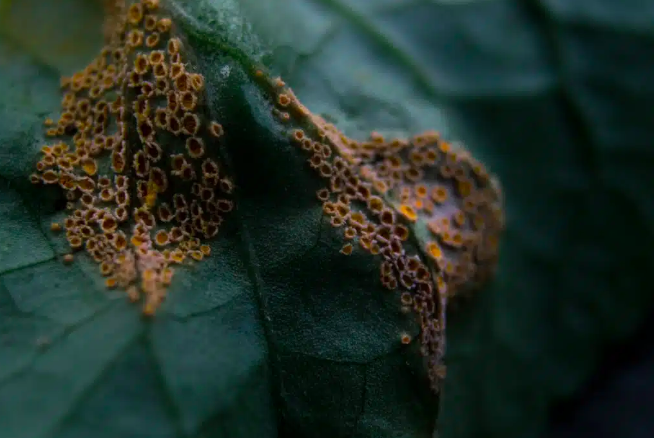
Generalist or specialist?
Pathogens differ in their host specificities, with species infecting a unique host (specialist pathogens) and others having a wide host range (generalists). A generalist species is able to thrive in a wide variety of environmental conditions and can make use of a variety of different resources. A specialist species can thrive only in a narrow range of environmental conditions or has a limited diet. Most organisms do not all fit neatly into either group, however. Some species are highly specialized (the most extreme case being monophagous, eating one specific type of food), others less so, and some can tolerate many different environments. In other words, there is a continuum from highly specialized to broadly generalist species.
All Photos: ZipGrow
More news
